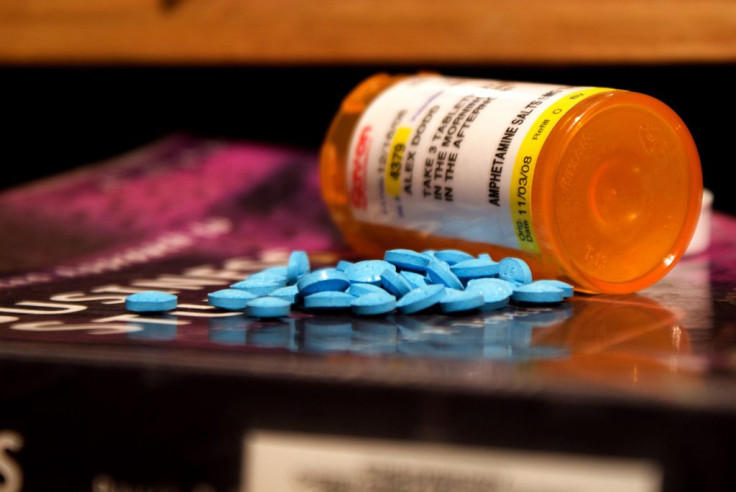Half Of Teens Misuse And Mix Over-The-Counter Drugs, Ignore Warning Labels: Report

Some parents dread the day they'll have to sit their kids down for the birds and the bees talk. But what they don't realize is they should be having a second talk with their kids about over-the-counter drugs (OTC drugs) used to treat common conditions, like headache and cold. According to the Associated Press (AP), tween and teens are self-medicating more than ever, and most of them don't know it.
Not only do younger kids seem to be frequently misusing OTC drugs, but they also unknowingly mix drugs, which can be fatal. AP cited two national surveys of parents and sixth-graders that found tweens failed tests on the proper use of OTC drugs. Half of these tweens didn't know these drugs could be dangerous when improperly used or mixed with other drugs. More surprising than that, AP added, parents weren't sure if their kids were learning the dangers of these drugs in school.
Parents might not have known, but Joy Greene, an assistant dean of experiential education and a pharmacy professor at High Point University in High Point, North Carolina, does. "Based on many high school health curricula, students entering college have had very little classroom instruction regarding OTC medications," Greene told AP.
What drug education, if any, are teens receiving at home? AP found parents don't typically broach the subject, because they don't think their kids can properly understand the drug facts that appear on warning labels. Parents also didn't know whether or not their kids were abusing or were in danger of abusing drugs and other medications. This is bad news for several reasons, but mostly because abusing OTC drugs can have adverse health effects.
The National Institute of Drug Abuse reported prescription and OTC drugs are the most commonly abused subtances by Americans ages 14 and older, second only to marijuana and alcohol. And when kids mix different drugs, it can "directly or indirectly cause a pleasurable increase in the amount of brain's reward pathway," which fuels a repeated need to seek this experience, also known as addiction.
With this lack of knowledge, kids continue to consult Dr. Google for answers instead of consulting with a parent or family physician. Communication is key to making sure kids are cognizant of what drugs (and doses) they need to safely treat any illnesses and injuries. Some studies suggest physicians should implement prevention policies, like a drug-monitoring program, to help reduce drug abuse among tweens and teens.
The NIDA recommends recommends parents help teens make smart decisions when it comes to OTC drugs by providing broad, specific details regarding use, even bringing a sample bottle of ibuprofen or Nyquil. Parents should also be ready to tell their kids what drugs should be taken at all since marketing and the media can make it seem any OTC drug is a cure-all. Maintaining this level of communication "is the foundation of strong family relationships," the NIDA reported.
In addition to resourcing information, such as sample questions, from the NIDA,the AP cited kids can take control by visiting the U.S. Food and Drug Administration's Medicines in My Home program. According to the program's website, this multimedia educational tool teaches adolescent consumers how to choose OTC drugs and use them safely. There are plenty of PDFs and other media available for both parents and children interesting in learning more about drug use and labels.
Though talking to kids about OTC drugs may not be as awkward as talking to them about sex, this talk may be just as important when it comes to childrens' livelihoods.
Published by Medicaldaily.com



























